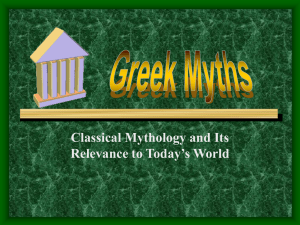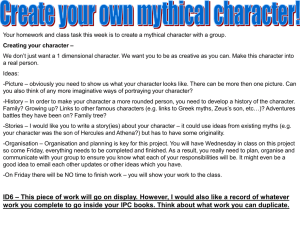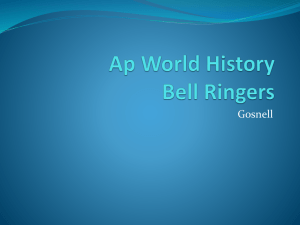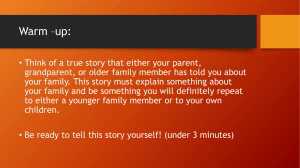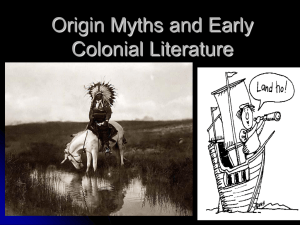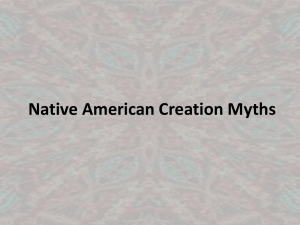Hearts: Tatum, Annelise, Annie, Jesika, Tanner, & Henry Question
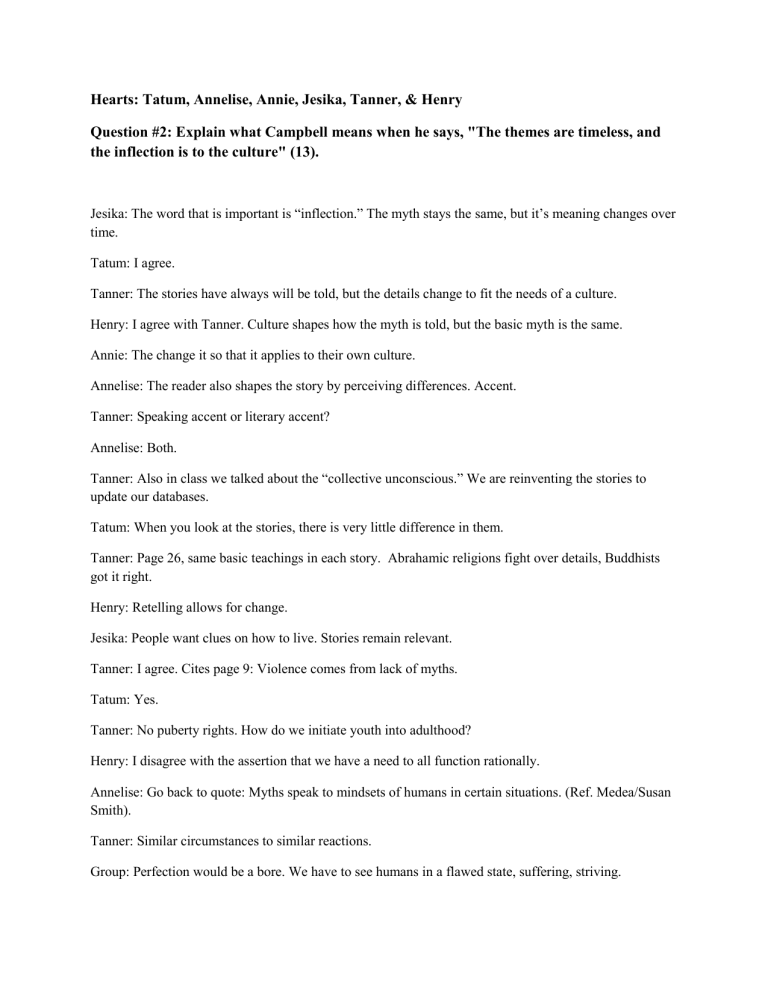
Hearts: Tatum, Annelise, Annie, Jesika, Tanner, & Henry
Question #2: Explain what Campbell means when he says, "The themes are timeless, and the inflection is to the culture" (13).
Jesika: The word that is important is “inflection.” The myth stays the same, but it’s meaning changes over time.
Tatum: I agree.
Tanner: The stories have always will be told, but the details change to fit the needs of a culture.
Henry: I agree with Tanner. Culture shapes how the myth is told, but the basic myth is the same.
Annie: The change it so that it applies to their own culture.
Annelise: The reader also shapes the story by perceiving differences. Accent.
Tanner: Speaking accent or literary accent?
Annelise: Both.
Tanner: Also in class we talked about the “collective unconscious.” We are reinventing the stories to update our databases.
Tatum: When you look at the stories, there is very little difference in them.
Tanner: Page 26, same basic teachings in each story. Abrahamic religions fight over details, Buddhists got it right.
Henry: Retelling allows for change.
Jesika: People want clues on how to live. Stories remain relevant.
Tanner: I agree. Cites page 9: Violence comes from lack of myths.
Tatum: Yes.
Tanner: No puberty rights. How do we initiate youth into adulthood?
Henry: I disagree with the assertion that we have a need to all function rationally.
Annelise: Go back to quote: Myths speak to mindsets of humans in certain situations. (Ref. Medea/Susan
Smith).
Tanner: Similar circumstances to similar reactions.
Group: Perfection would be a bore. We have to see humans in a flawed state, suffering, striving.
Tanner: Coming to knowledge of self through suffering.
Adrian: You talked about changing the story, but keeping the theme. Interpretation is problematic.
Michael: I disagree with the idea of the collective unconscious. It is coincidence, not in our heads.
Annie: We have instinctual responses.
Diamonds: Elissa, LeRoi, Morgan, Colman, Vanessa, Anika.
Question # 4: Do you agree with Campbell that the Gaia principle is the myth of our time? Explain. If you don't, then please explain what you believe in.
Morgan: I interpreted the Gaia principle as humans being masters and part of nature.
Vanessa: Gaia is Mother Nature. We belong to a complex system.
Colman: All life forms instinctively try to contribute to the earth. I don’t believe that plants act concsiously to improve their environment.
Anika: All life forms create their own complex system. Myths are fictionally true. This principal allows us to understand how we can co-exist .
Colman: Myths are not needed.
Morgan: Look at settlement of North America…taming the earth is not necessarily creating anything.
Vanessa: We are not willing to give up our advances. Cites that Genesis says we are dominant. But does that mean to take over everything.
Elissa: There is a lot of discussion about human-environment impact.
Colman: We have destroyed a lot, but we do rebuild. Reason? We are making a bigger impact, so fixing the problems is a result of #s.
Vanessa: Mother nature. We take but don’t give back.
Colman: Campbell takes the idea of myth to seriously. Myths don’t mean the same as they used to.
Anika: I disagree. In the 4 functions of myth, he mentions a “sociological” function. These stories help us relate.
Morgan: Myths vs. science/medicine.
Colman: Myths are to philosophy is what baby food is to a meal.
Morgan: Maybe the ideas are more recycled now? Maybe it’s a matter of thought level?
Anika: You don’t have to accept the story as it is, but the teaching is the take away.
Elissa: Helps us connect with others.
Colman: Uses an analogy of forest vs. story. We need to chuck the monomyth. We need to create our own myths.
Vanessa: I agree in general, but starting from scratch?
Colman: Why hasn’t god created more myths?
Morgan: Are we dominant over nature? God?
Colman: Ignoring both.
Morgan: Back to not needing new myths. How to change them?
Gina: Is it human nature to dominate? Is it within our rights to control nature?
Vanessa: I don’t think we have the right.
(Twombley: Anthropocentric world view)
Colman: HOW are we going to rule?
************
Spades: Jennifer, Gretchen, Michael, Adrian, and Sabrina.
1. Identify Campbell's thesis in this chapter. Do you agree or disagree with his conclusions?
Adrian: Reads from page #4: Myths are stories that encode human truths.
Gretchen: We create meanings to stories because we want meaning for our lives. We have to undnerstand the passage between birth and death.
Michael: Moyers focuses on mortality…Campbell focuses on being alive. Explanation for why things die.
Jennifer: His thesis is on page 4: Seeking meaning. Myths are clues. Capture the meaning of being alive. I think he’s exaggerating. Nowadays we find that experience other ways, not through myths. We learn by taking risks, not by learning hero stories.
Sabrina: We have evolved in our way of experiencing life?
Jennifer: Yes. On page 9 Campbell says teenagers make up myths for themselves.
Adrian: You can’t apply old stories to new times. We do need myths, but the old ones don’t work anymore.
Gretchen: When you say myth, you mean made up stories. But Campbell says myth is everywhere.
Adrian: Gretchen, you mentioned that myths help us lead meaningful lives. Myths bridge science and religion.
Michael: Science is a myth. Is there a capital “T” truth.
Gretchen: We look for functional truth to confirm our views.
(Twombley: Should myths confirm or challenge our views?)
Gretchen: Back to functional truth. We make a myth and then believe it. Live it.
Group: Debates meaning of functional truth/myth.
(Twombley: What is worship?)
Jennifer: Problem of myths not being read; people learn a different way. We are polarized by science and religion.
Adrian: Myths bridge physical and metaphysical.
Michael: Not all truths are mutually exclusive.
Jennifer: It’s foolish for Campbell to say that myths are important (Your def. of myth?).
Sabrina: He mentions that Gaia princple as evolving new myth.
Bethany: When Michael was talking about Forever 21…I didn’t get that.
Michael: People are searching for meaning in a short life.
Colman: How do myths bridge the gap?
(Twombley: Campbell’s thesis: Myths help us lead more vibrant, meaningful lives.)
**************
Clubs: Lauren, Eric, Rayne, Bethany, Gina, and Maddi.
3. Describe the four functions of myth. Which is most important to Campbell? Do you agree or disagree with him based on your reading and experience?
Eric: Mystical
Maddi: Cosmological
Eric: Sociological; last is most important, the Pedagogical.
Bethany: Page 7: Marriage, how it’s not a simple love affair; sacrifice, two become one.
Eric: When he talks about the marriage thing, I was sceptical. Why can’t you assert your individuality?
Maddi: You just have to balance. Do you have another take?
Group: No.
Eric: The third function is sociological. We look to myths on how to behave ethically.
Maddi: You can’t tell someone how to think about a myth.
Eric: I agree.
Maddi: Is religion a myth? If you are forced to think it, you go against it. Myths can’t be forced on people.
Gina: Society should serve man, no? Eric?
Eric: Part of humans is helping others. We serve society, too.
Rayne: Should religions leave it up to followers to decide the Creation?
Maddi: Campbell would suggest that we must remain open-minded.
Lauren: A myth won’t mean everything to everyone.
Gina: I think the mystical function is most important. “…opens the world to the dimension of mystery.” “Why?” is a powerful question.
Group: Moves to pedagogical.
Eric: Humanity has to adapt and teach its youth. I don’t think there is a most important one.
Gina: Analyzing myth is most important part…how it relates to you, your life.
Rayne: The cautionary aspect of myths might be overrated; but other ways that myths teach people how to behave are important.
Maddi: Growing by understanding the mistakes of others.
Eric: People want to be right…trend toward perfect.
(Twombley: marriage age/divorce rate)
Group: Can we live without myths.
Bethany: I think the pedagogical.
Maddi: It is hard for me to judge which is most important.
Rayne: Maybe all are important at different points of your life.
Group: Debates cosmological.
Maddi: We are obsessed with what really happened. (Genesis vs. Science).
Gina: At what level to we initially engage a myth?
Morgan: How would you deal with cosmological

